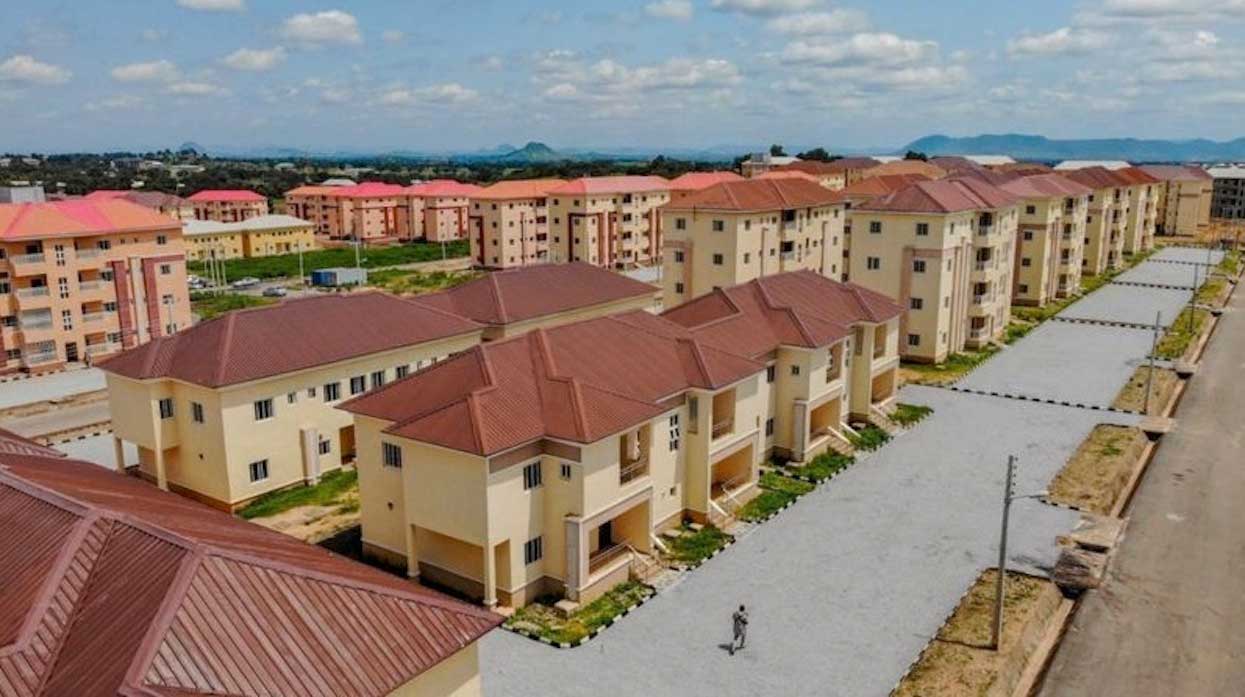
Shelter is one of the three basic needs of man and that is why governments across the globe are fashioning flexible housing policies that guarantee provision of affordable houses, for their citizens. The United Nations Sustainable Development Goal 11 recognises the needs to make cities and human settlements inclusive, safe, resilient and sustainable. Specifically of note is target 11.1, which ensures access for all to adequate, safe and affordable housing and affordable housing and basic services and upgrades slums by 2030.
The Geneva UN Charter on sustainable housing is a non-legally binding document that aims at supporting member states as they seek to ensure access to decent, adequate, affordable and healthy housing for all. The United Nations Economic Commission for Europe endorsed the resolution on April 16, 2015.
The ever-increasing global population has made provision of affordable housing a herculean task, despite various policies put in place by the government. While most Governments are trying to be involved to some extent in the provision of housing stocks, the right to adequate housing clearly does not oblige the government to construct housing stocks. Hiding under this pretext, governments in developing countries like ours have shown little or no commitment to the provision of affordable housing. The involvement of the private sectors of the economy, coupled with individual investment, through their hard-earned personal savings, becomes the only pragmatic way of owning a house in this part of the world.
And so, the housing sector, like every other sector of the economy, is confronted with undaunted challenges among these, the issues of policy somersault. Since government is a continuum, it is expected that a good policy put in place by the government of the day, should be accorded implementation by succeeding administrations. But this is not the case in Nigeria and some other African countries, where leaders often jettison good policies of their predecessors for the implementation of the one fashioned by the current administration.
This policy reversal has affected provision of affordable housing stocks in Nigeria. For example, if the housing policy fashioned out by ex-President Shehu Shagari, during the second republic has been continued, housing provision would have been sustained to a very large extent in the country.
Another challenge to housing provision and home ownership is the lack of an efficient housing mortgage system. Considering the low per capita income of Nigerians, availability of housing mortgage would aid provision of affordable housing stocks. In the developed countries, where provision of housing stocks are taken seriously, availability of affordable housing mortgage loans at one digit interest rates for the investors play a crucial role in bridging housing deficit, apart from the aggressive approach of the government to the construction of affordable houses for the citizens.
A cumbersome titling process is another challenge to housing provision. For investment in the housing sector of the economy to be attractive to the investors, the process of obtaining title documents on landed properties should be made less cumbersome. This is because, securing a loan facility in the bank will require submission of Certificate of Occupancy of the property to be used as collateral security and where the process of obtaining the documents is cumbersome, it discourages investors.
What about the high rates of interest charged by commercial banks? The 2-digit interest rate being charged by the financial institutions is disturbing and dampening the morale of investors willing to invest in the provision of affordable housing stocks. When interest rates are high, housing stocks made available in the market become unaffordable for low- and medium-income earners.
Since the importance of shelter to mankind cannot be over emphasised, the government, both at Federal and State levels, should review their housing policies for achieving better results in the housing sector.
Korede-Owa is an Estate Surveyor and Valuer based in Lagos.






